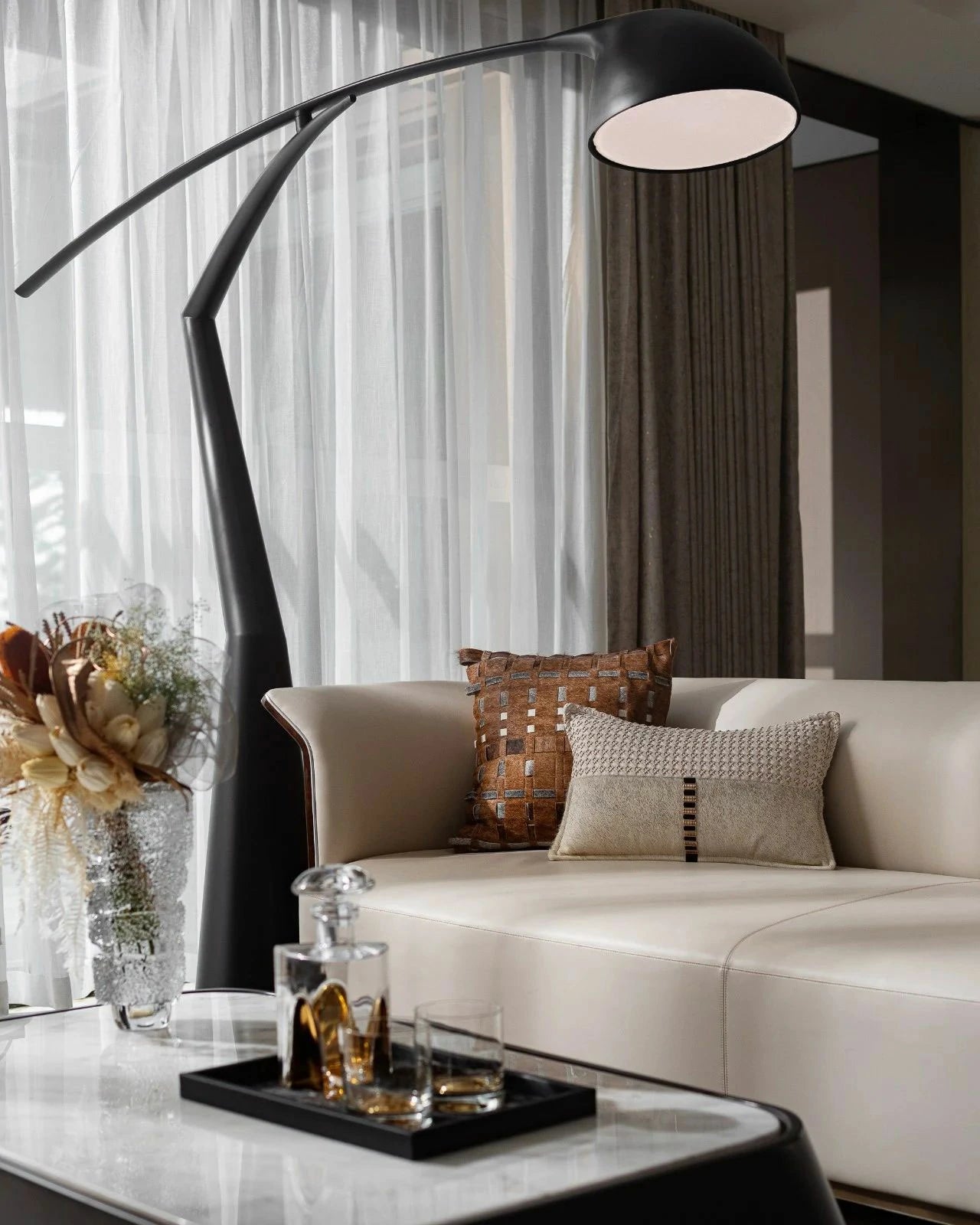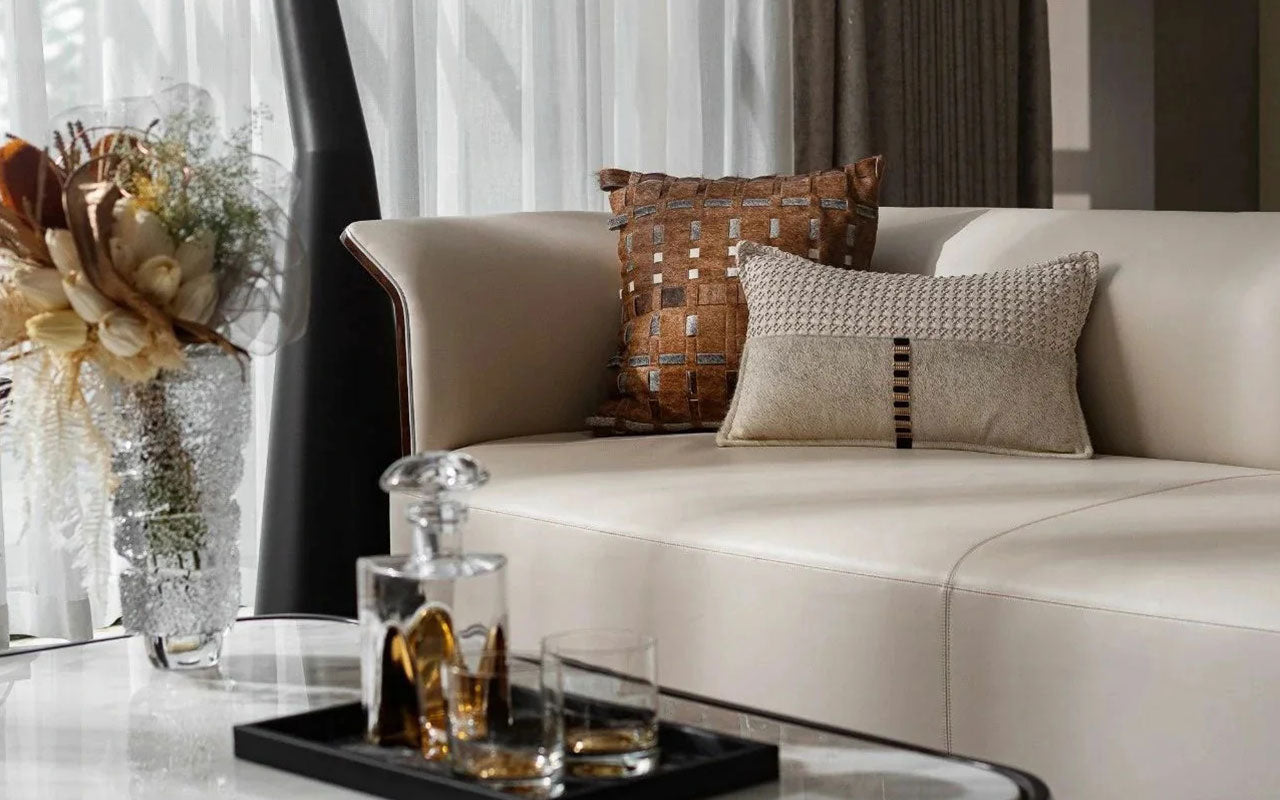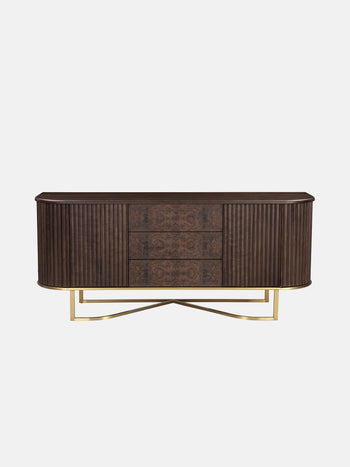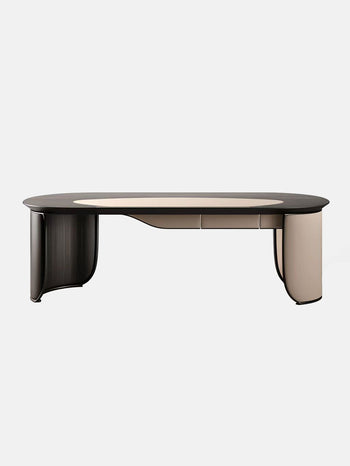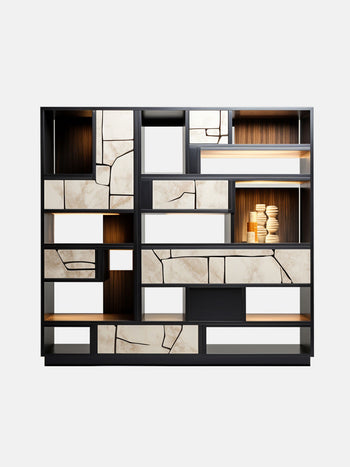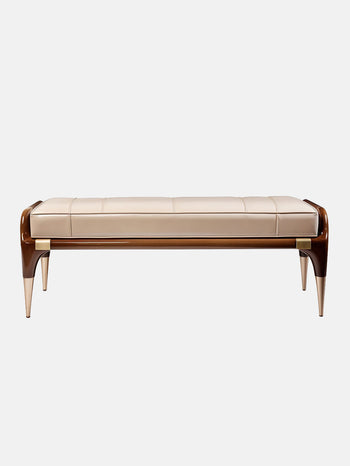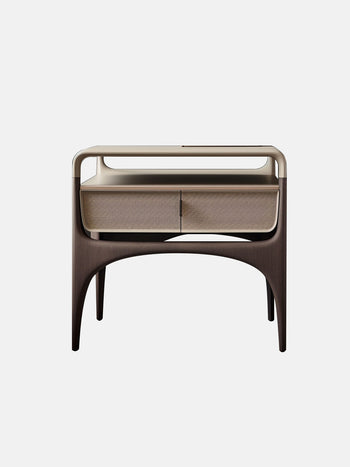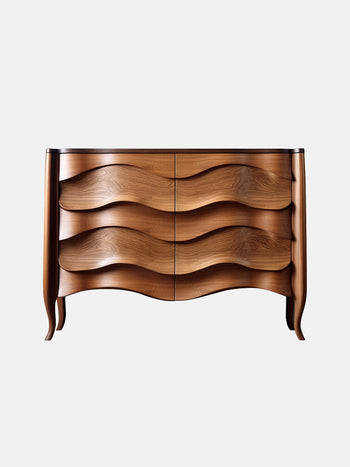Chronicles of Time in a Sofa: Understanding the Grammar of Life’s Growth Amidst Lakes and Mountains

Introduction: Furniture as a Vessel of Time and a Storyteller of Life
Contemporary home design often falls into the trap of "stylized labeling"—either slicing away warmth with minimalist lines or masking emptiness with opulent decor.

Yet at Anpuxuan’s lakeside villa, we discover an alternative: furniture is no longer an isolated "object," but a "life partner" that weaves together nature, time, and human connection.

Here, there are defined "styles"—only a linen-cotton sofa that remains soft after three years of use, a stone floor that shifts in hue with dawn and dusk, and a wooden chandelier that cradles the sound of rain. They are like unfinished poems, waiting to be filled with the smoke and fire of daily life.

Today, let’s start with this "breathing sofa" and explore the philosophy of furniture hidden in the folds of space.

Living Room: A Sofa That Brings Nature and Life into Embrace
Push open the floor-to-ceiling window leading to the living room, and the lake breeze, carrying moist air, rushes in—first meeting the linen-cotton sofa that dominates the entire wall.

It defies the heaviness of traditional sofas: the seat cushions, in pale oat linen-cotton blend, feature naturally curled fringes at the edges, resembling gentle kisses from time; the frame, crafted from North American ash wood, reveals wood grain that winds like a stream, glowing with the warmth of jade under sunlight; and the most charming detail is the subtle linen threads peeking through the backrest—unintended "flaws" from the artisan’s hand, yet they become the most lively decoration.

The sofa’s "wisdom" lies in its "imperfection": the seat height is 5 cm lower than standard, aligning with the body’s natural curve for easier rising; the filling, a blend of high-resilience memory foam and down, avoids both rigidity and sagging—much like the wind between lakes and mountains, strong yet tender.

In the morning, the owner nestles here to read, sunlight filtering through sheer curtains to weave pale gold patterns on the linen; in the afternoon, a child scribbles on the armrest, crayon marks smudging the fabric into a one-of-a-kind "abstract painting"; at dusk, the couple leans back to watch an old film, jasmine-scented tea steaming in celadon cups on the coffee table, while the linen fibers still hold the day’s sun-warmed scent.

It is not the "star" of the living room, but its absolute "soul." When natural light slants through the window, the sofa’s linen contrasts softly with the rough stone floor; as twilight fades, warm yellow wall sconces gild its edges, transforming it into the coziest "backdrop" in the space.

This, perhaps, is the essence of "contemporary character"—not emphasizing design, but making every sit, rise, or lean a ritual of dialogue with life.

Dining Area: From Sofa to Table, Life’s Rhythm Holds the Smoke of Daily Meals
Walking from the living room to the dining area, the eye is naturally drawn to a walnut dining table. Spanning 2.2 meters, its surface is two solid slabs of wood, grain flowing continuously from end to end—like the mirror-like lake, calm yet teeming with hidden movement.

The legs taper upward, thicker near the ground and narrowing gently, balancing structural stability with visual lightness. Most striking are the hand-polished rounded edges at the corners—no sharp angles, so even a child’s playful run won’t leave a bruise.

The table’s "presence" hides in details: the cloth, linen that has softened with washing, edges bound with matching cotton thread; the chairs, four wicker stools of varying designs—some with backs, some just cushions—yet harmonious in their shared language: "nature."

At breakfast, fresh croissants rest at the center, their warmth blurring the wood grain but sharpening the family’s laughter; after dinner, the couple sips tea in the wicker chairs, the table’s grain glowing amber under warm light, as if recording the day’s stories.

The table’s magic lies in transcending its "dining tool" identity. On weekend afternoons, it becomes a craft station, covered in crayons, clay, and crumpled paper; at dusk, a reading nook, with open books and coffee cups side by side; even during festivals, a floral display—wild chrysanthemums, reeds, pine branches tossed carelessly—transforming it into the liveliest decoration. Life’s "smoke of daily meals" never needs forced crafting; it flows naturally from a table that "grows" with life.

Bedroom: A Bed That Turns Sleep into a Dialogue with Nature
If the living room and dining area are stages for life, the bedroom is a sanctuary for the soul. The master bed can be summed up as "bringing the forest into the room": the frame, North American black walnut, features deep, night-sky-like grain, sanded to a buttery softness—like touching aged jade; the mattress, a blend of independent pocket springs and natural latex, supports the waist without sagging; the headboard wall, free of elaborate decor, is clad in pale gray linen, edges frayed as if kissed by wind.

Its "clever touches" lie in details: a handwoven sisal carpet at the foot, rough yet warm under bare feet, like treading on autumn leaves; bedside tables carved from solid wood, drawer pulls part of the original log, opening with a soft wooden click; and the window bench—upholstered in the same linen as the sofa, padded with memory foam, serving as a reading nook by day and a temporary bed by night, even beloved by the family cat for naps.

At night, lying here, one hears the lake lapping outside, breathes in the linen’s faint herbal scent, and feels the mattress gently rising and falling with each breath.

It does not shout "luxury," but whispers "comfort" in every detail—because the best sleep design is not piling expensive materials, but making the body forget the "bed" exists, remembering only the security of being wrapped.

Conclusion: The Highest Realm of Furniture Is to "Disappear" into Life

From the living room sofa to the dining table, and the bedroom bed, Anpuxuan’s furniture follows one principle: their purpose is to make life feel like life itself. Without ostentatious shapes or forced "design sense," they become the most intuitive companions in daily life through natural materials and ergonomic details.

When we read on the sofa, share a meal at the table, or sleep soundly in the bed, these pieces of furniture quietly "disappear"—no longer objects, but extensions of our bodies, carriers of time’s warmth, and the truest form of life. Perhaps this is the finest furniture philosophy: the best furniture is not "placed" in space, but "grown" into life.
Design Team | LSD Interior Design
If there's infringement, please contact for removal.
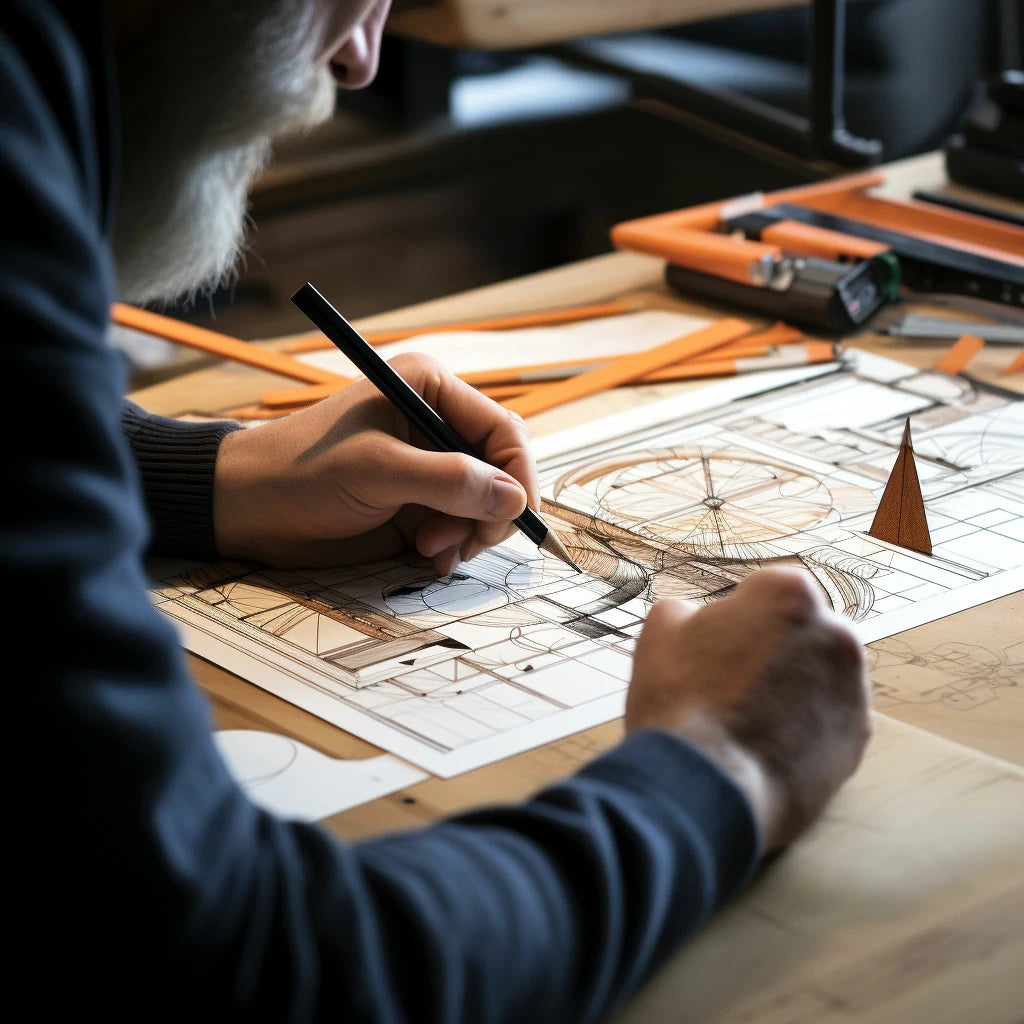 New Creative
New Creative
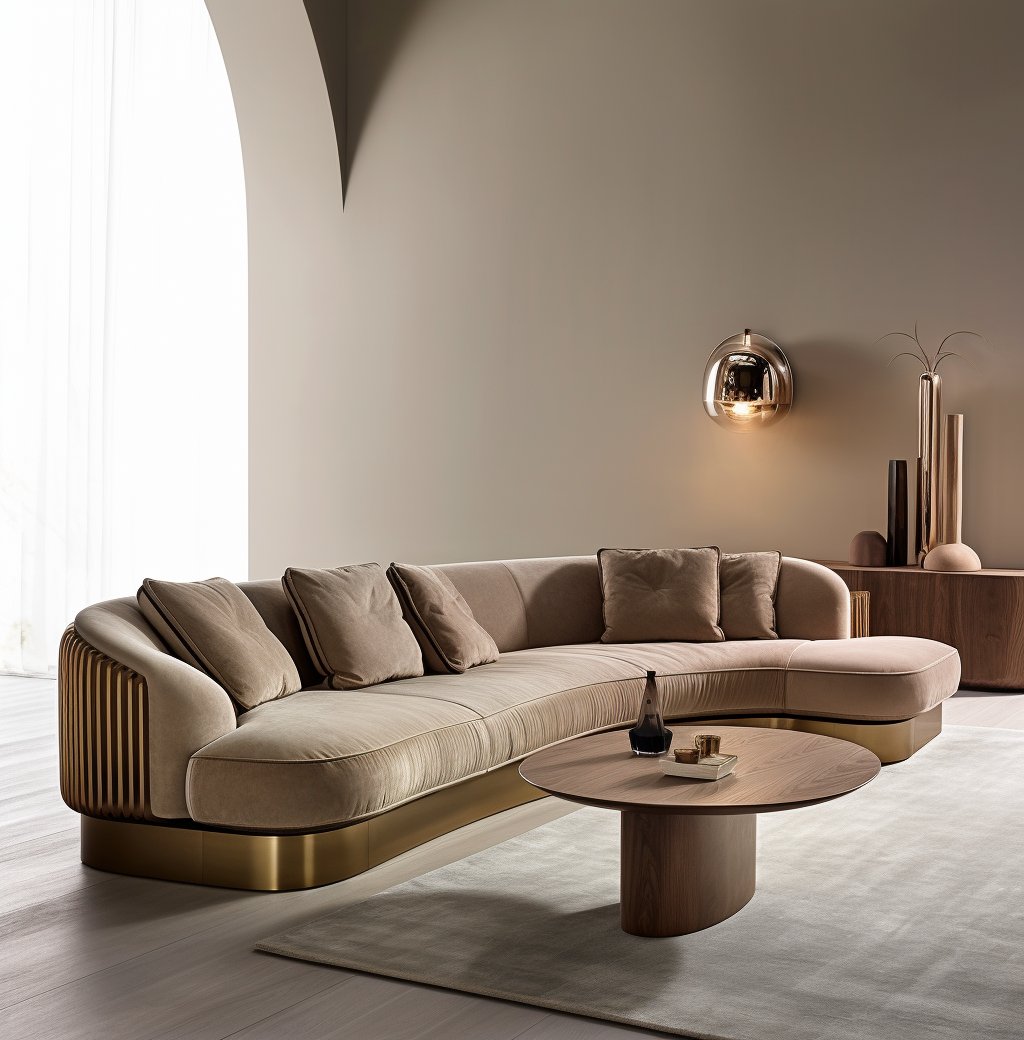 Best Sellers
Best Sellers
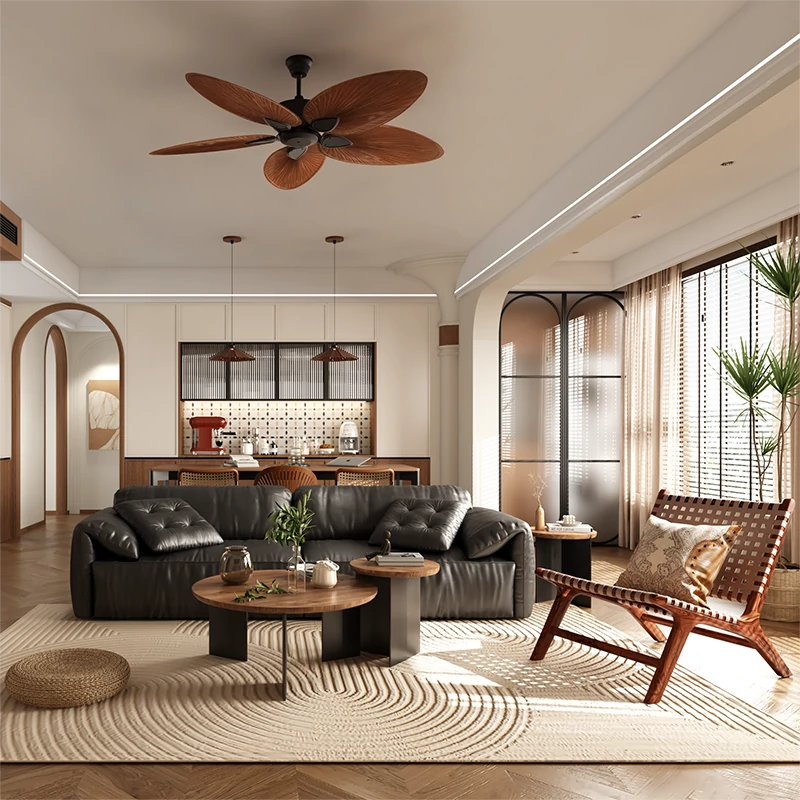 Shop The Look
Shop The Look
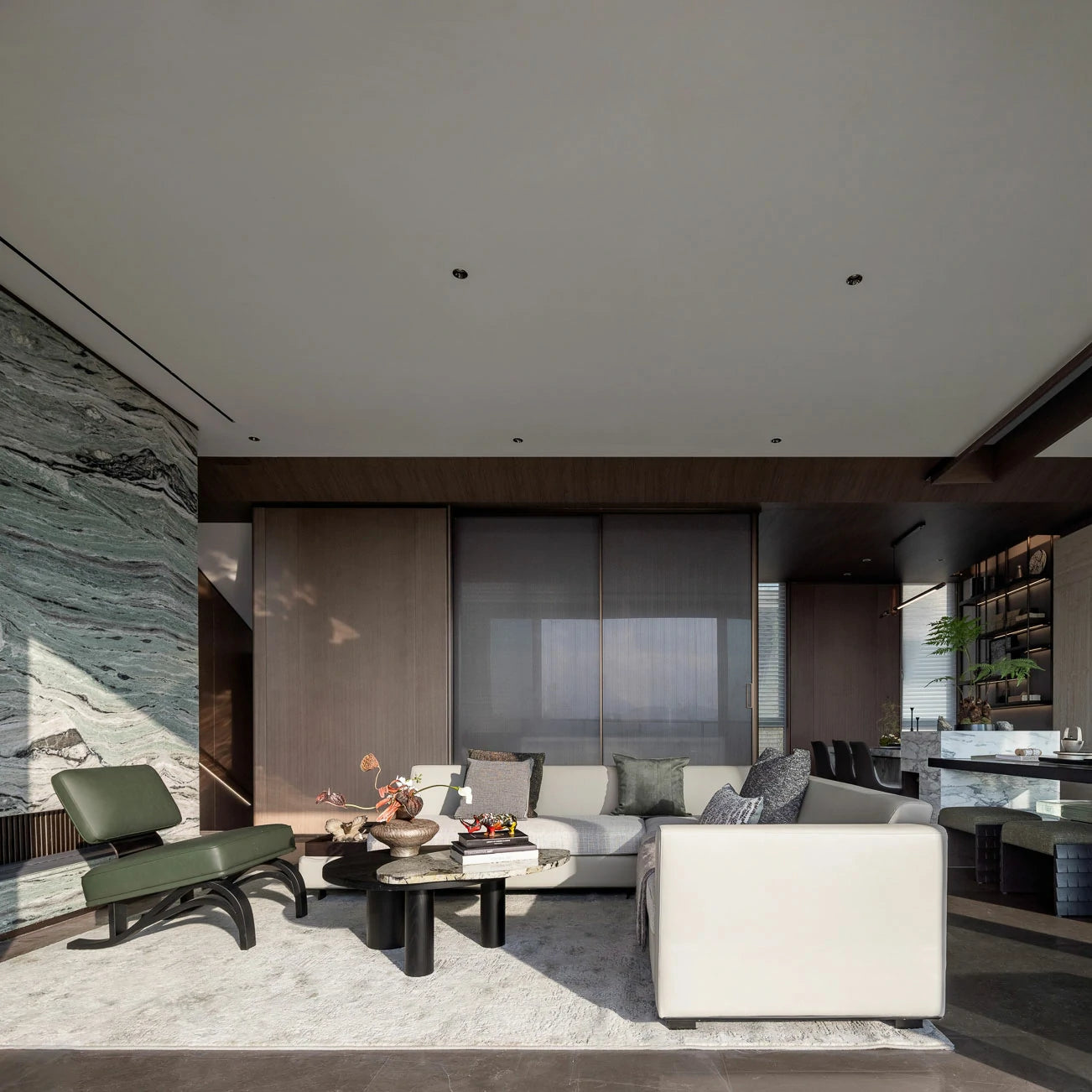 New Room
New Room
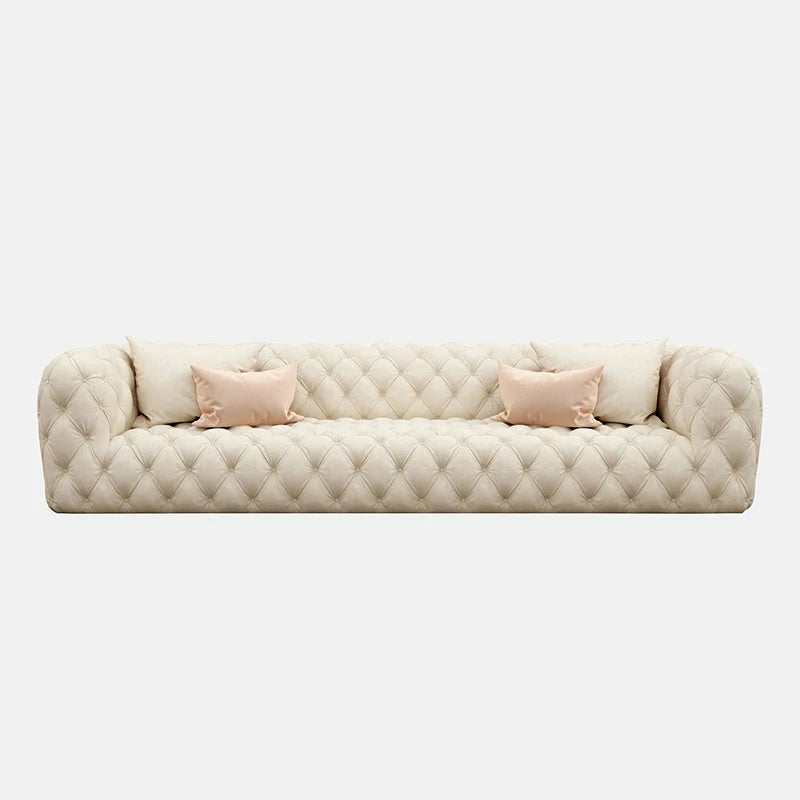 Sofas & Seating Systems
Sofas & Seating Systems
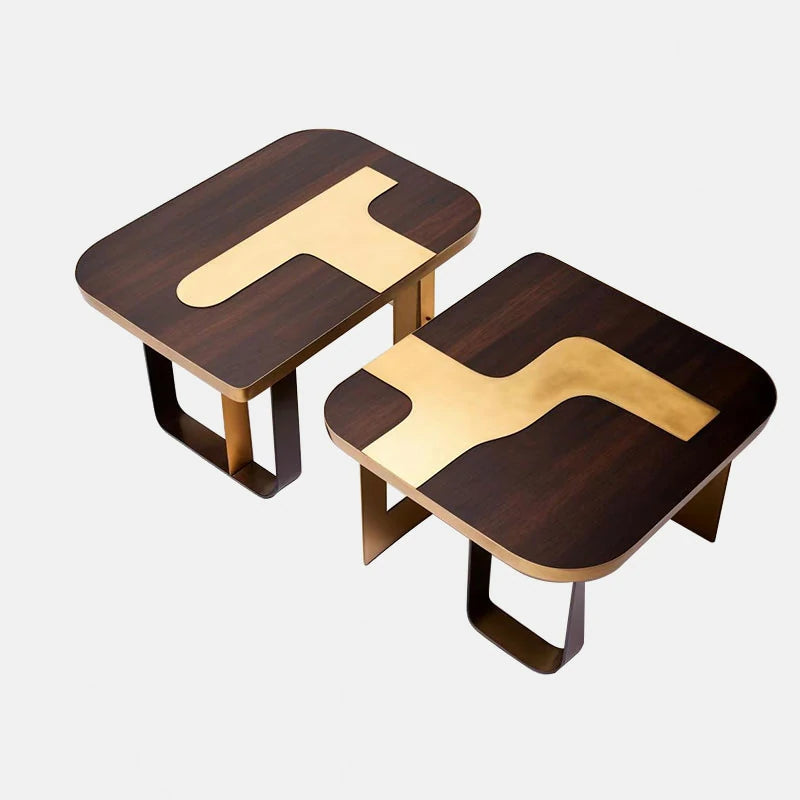 Coffeetables & Sidetables
Coffeetables & Sidetables
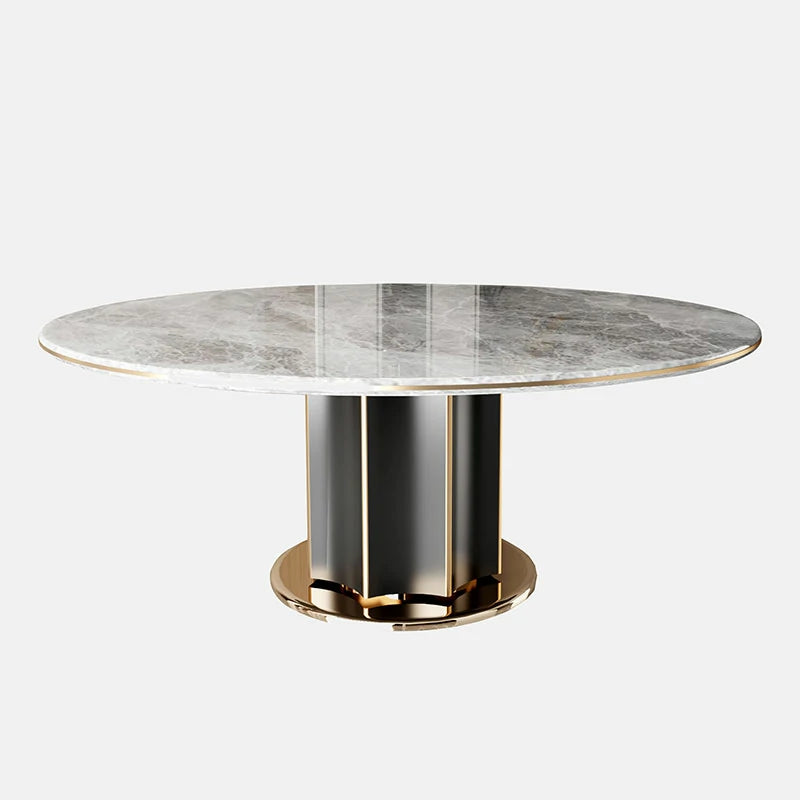 Tables
Tables
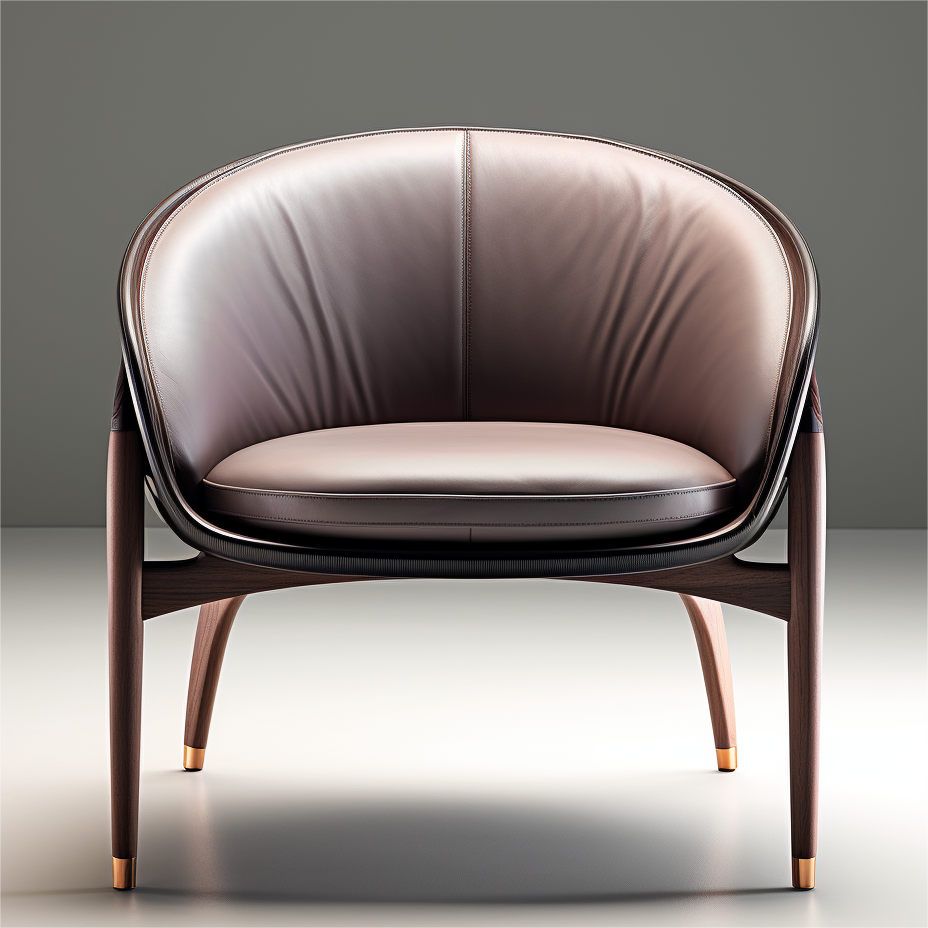 Chairs
Chairs
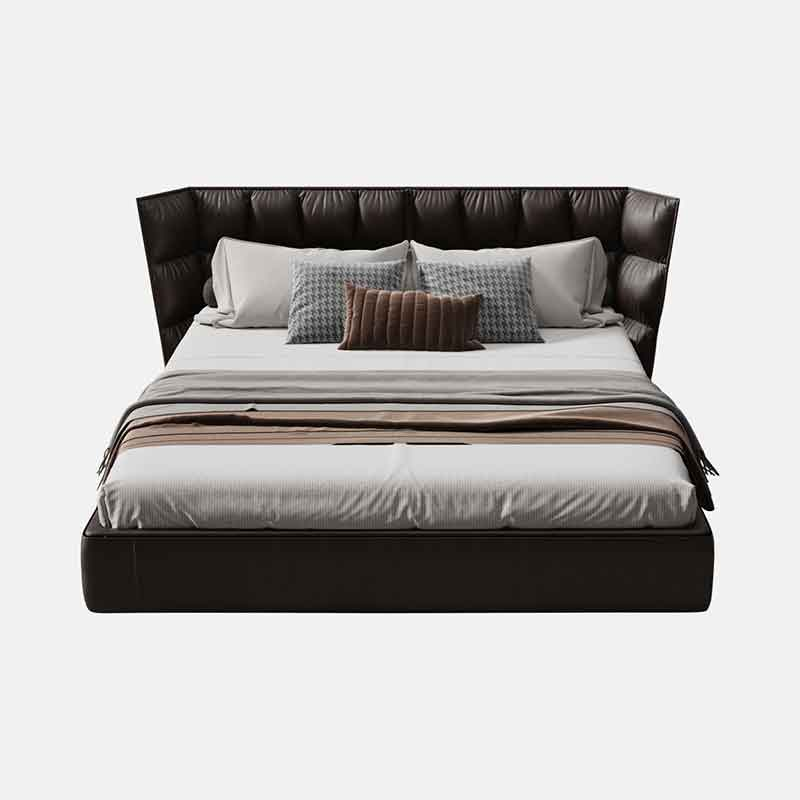 Beds
Beds
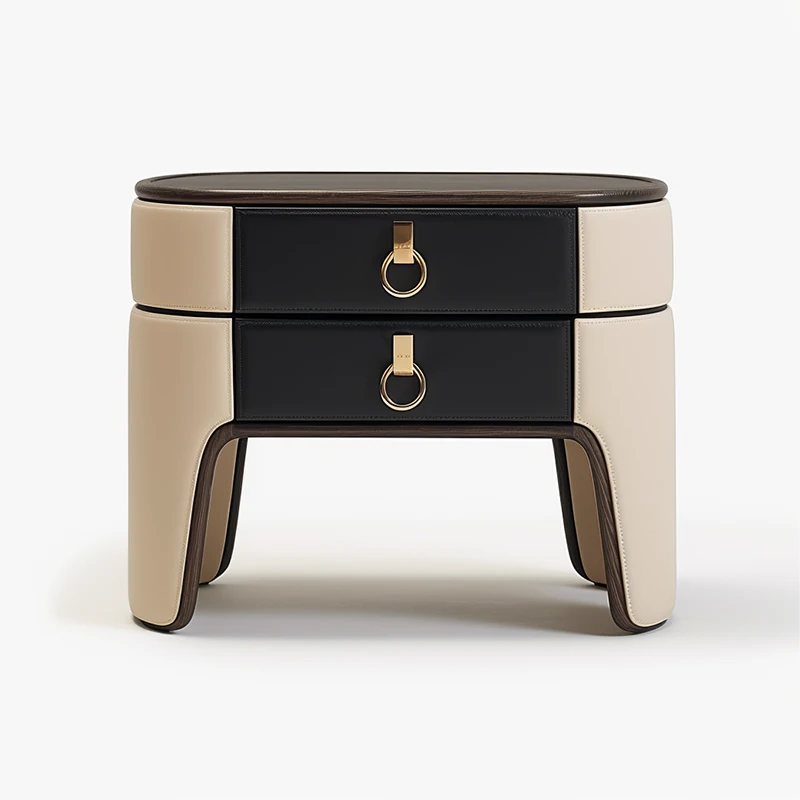 Nightstands & Vanities
Nightstands & Vanities
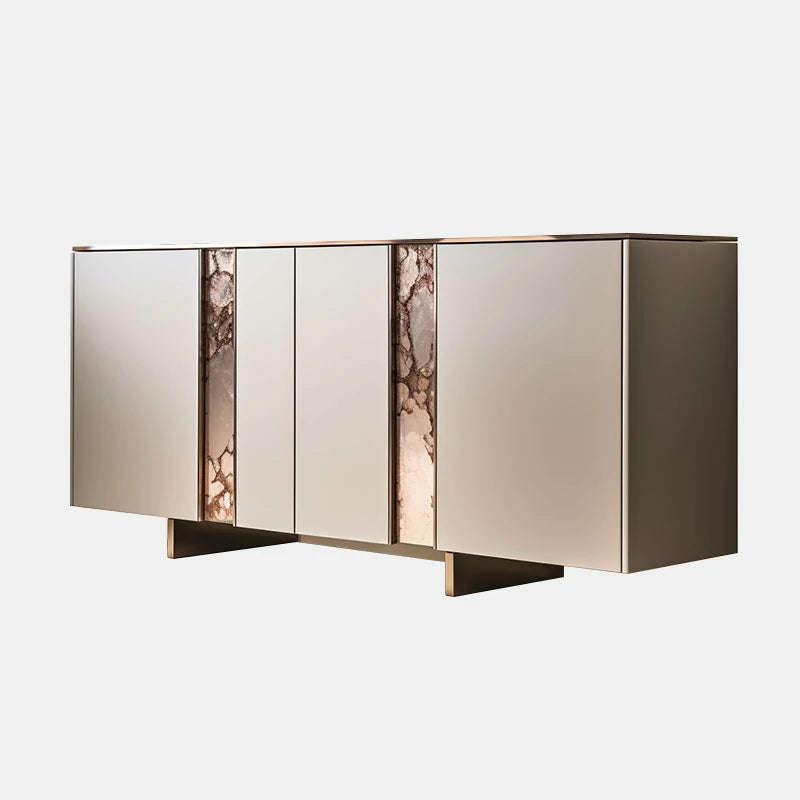 Sideboards & Bookcases
Sideboards & Bookcases
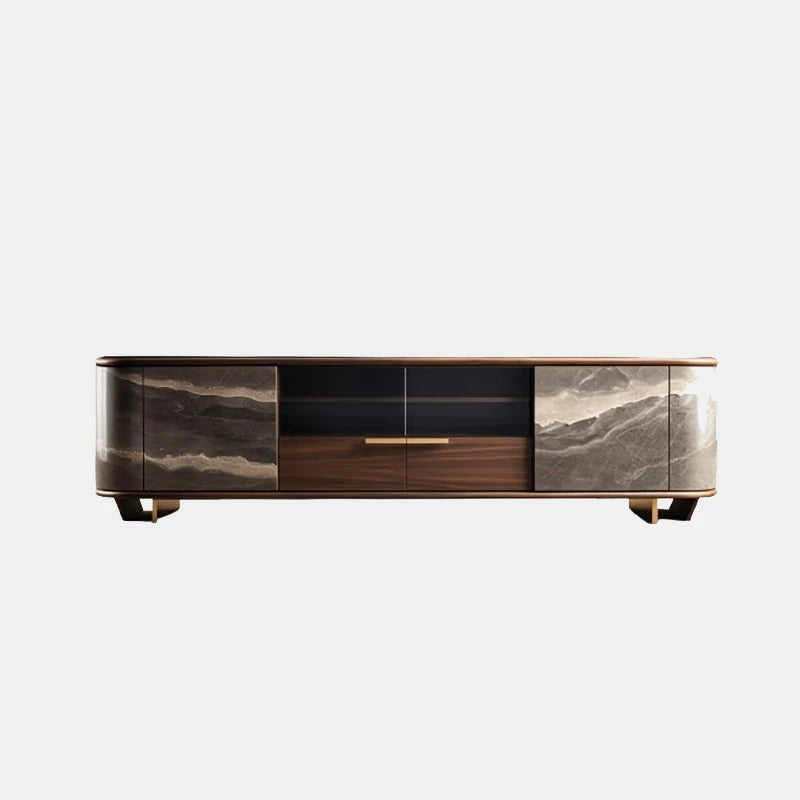 Console
Console
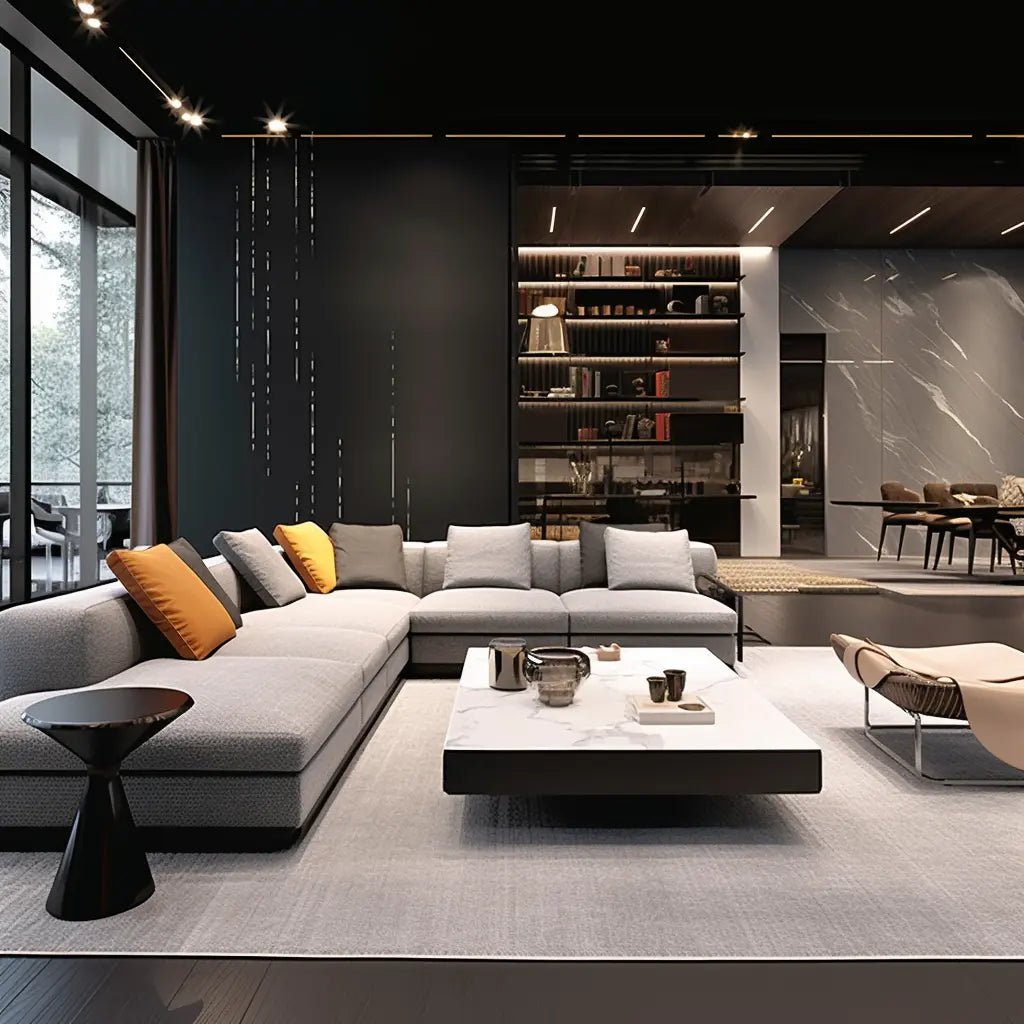 Livingroom
Livingroom
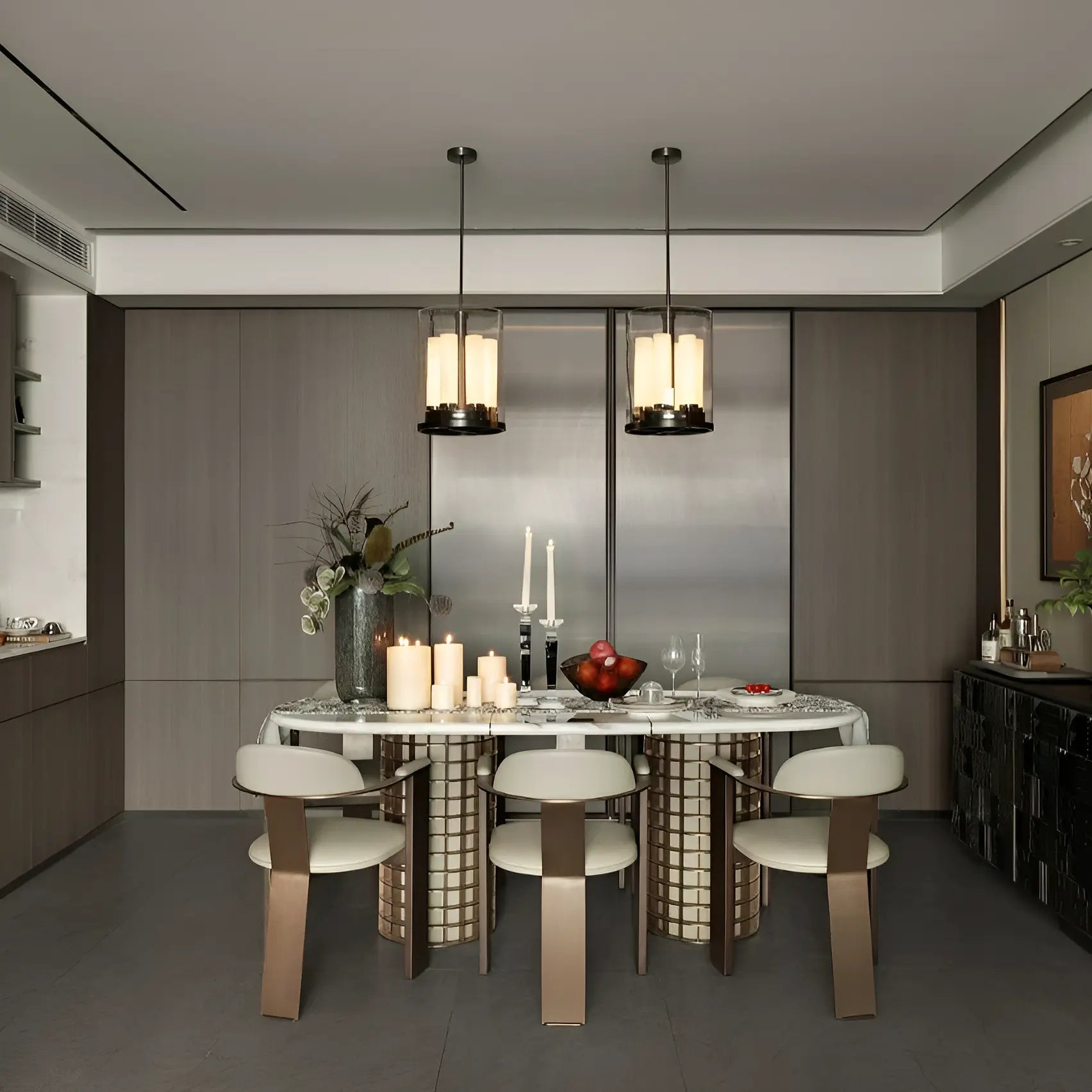 Diningroom
Diningroom
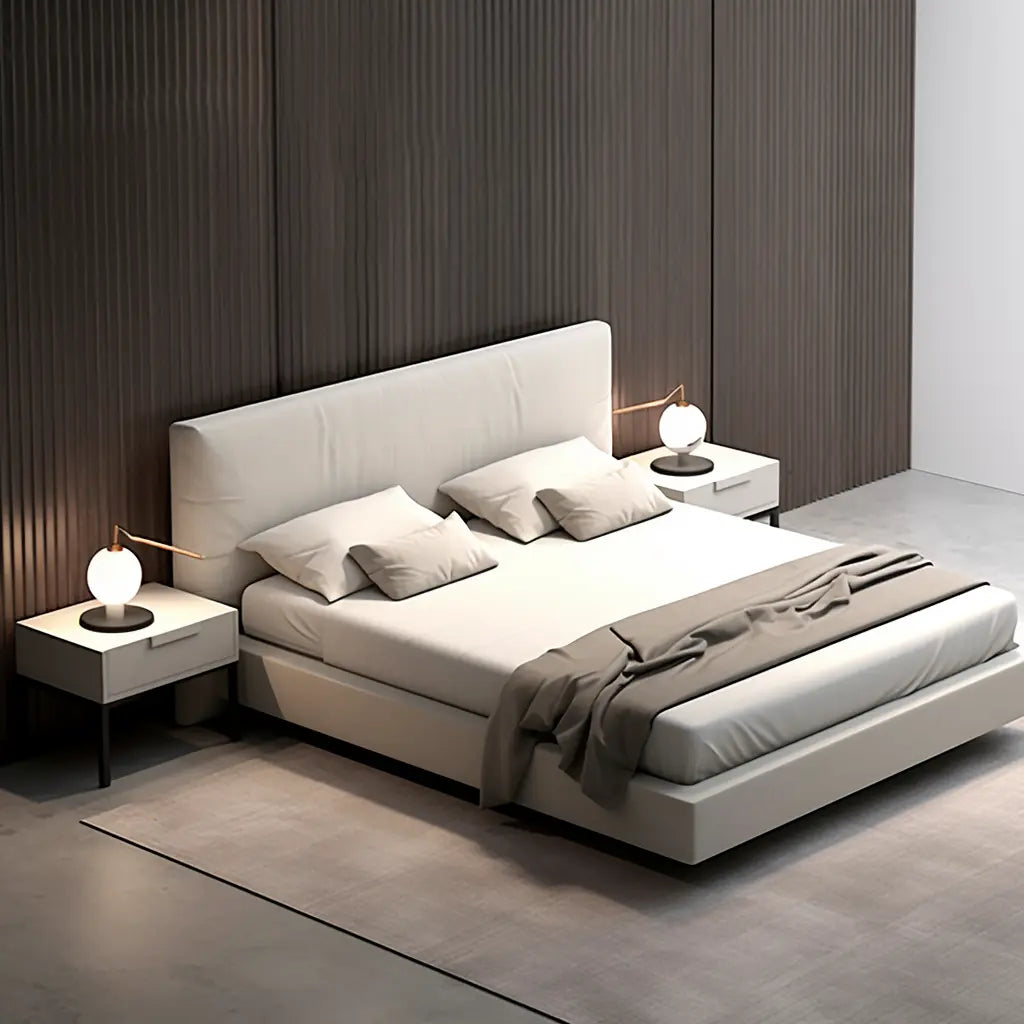 Bedroom
Bedroom
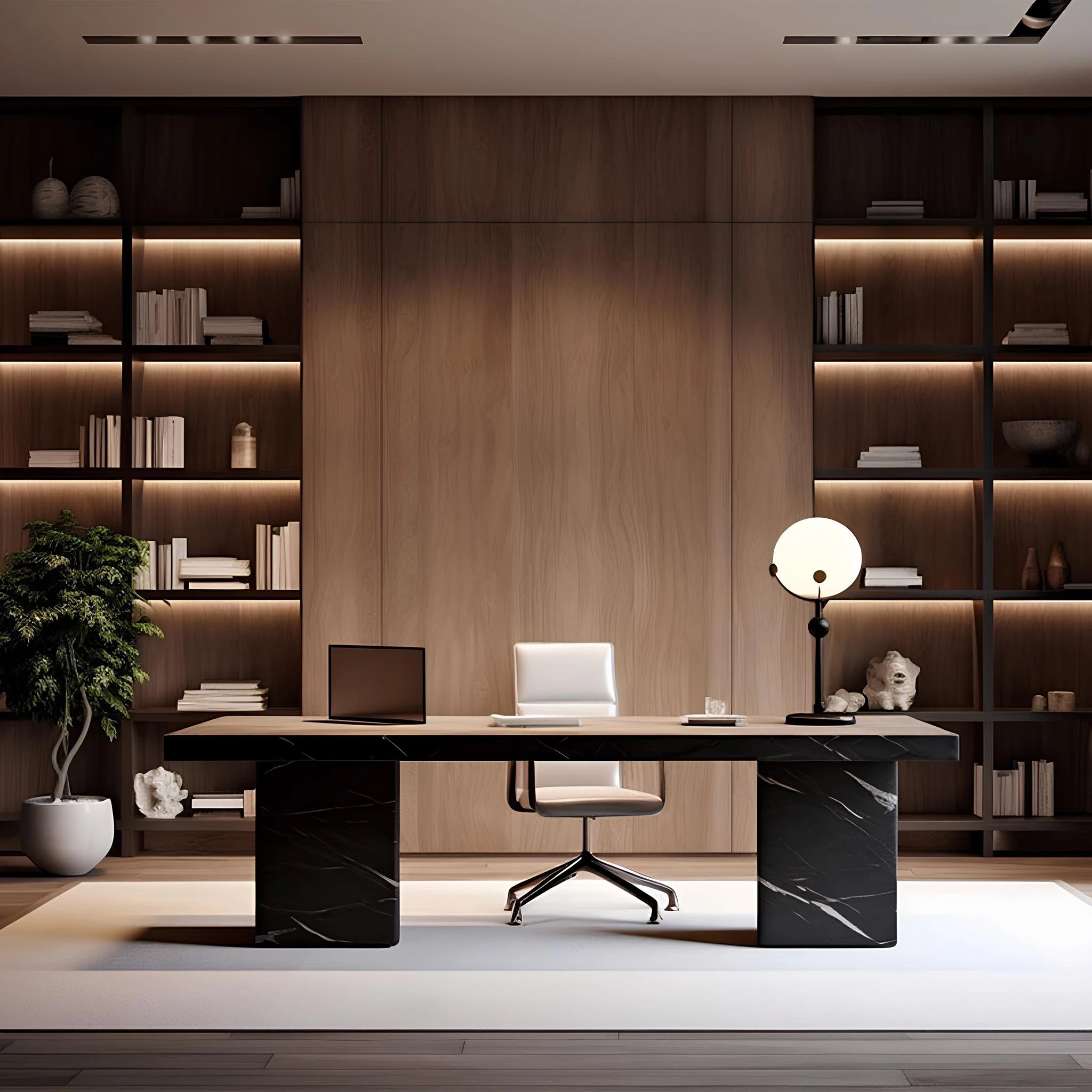 Officeroom
Officeroom
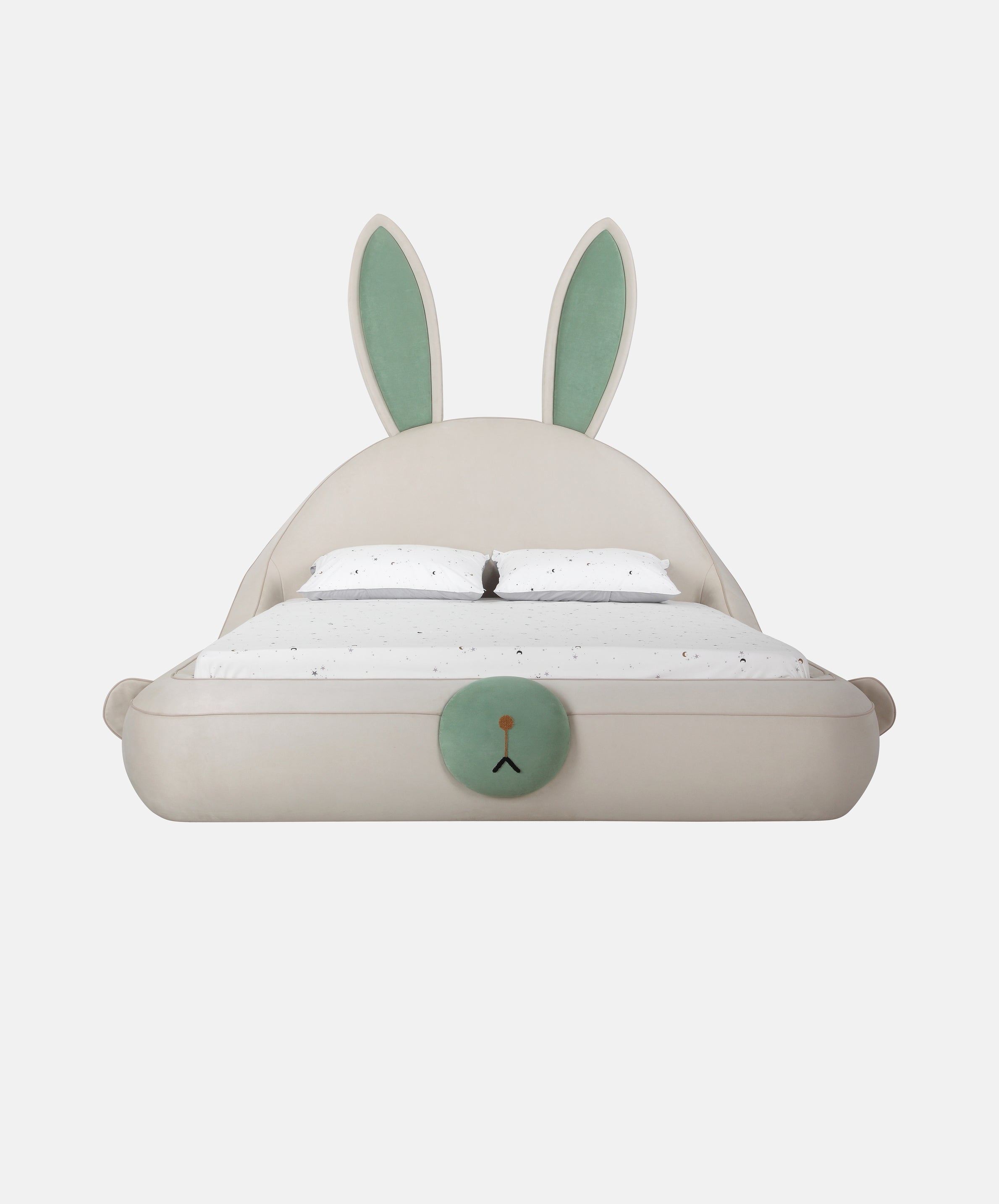 Cartoon & Children
Cartoon & Children




 About Us
About Us
 Sustainability
Sustainability
 Gentle Wood and Soft Curves: An Ideal Home Scene
Gentle Wood and Soft Curves: An Ideal Home Scene
 The Philosophy of Life Around the Dining Table: Finding Peace Between Nature and Modernity
The Philosophy of Life Around the Dining Table: Finding Peace Between Nature and Modernity
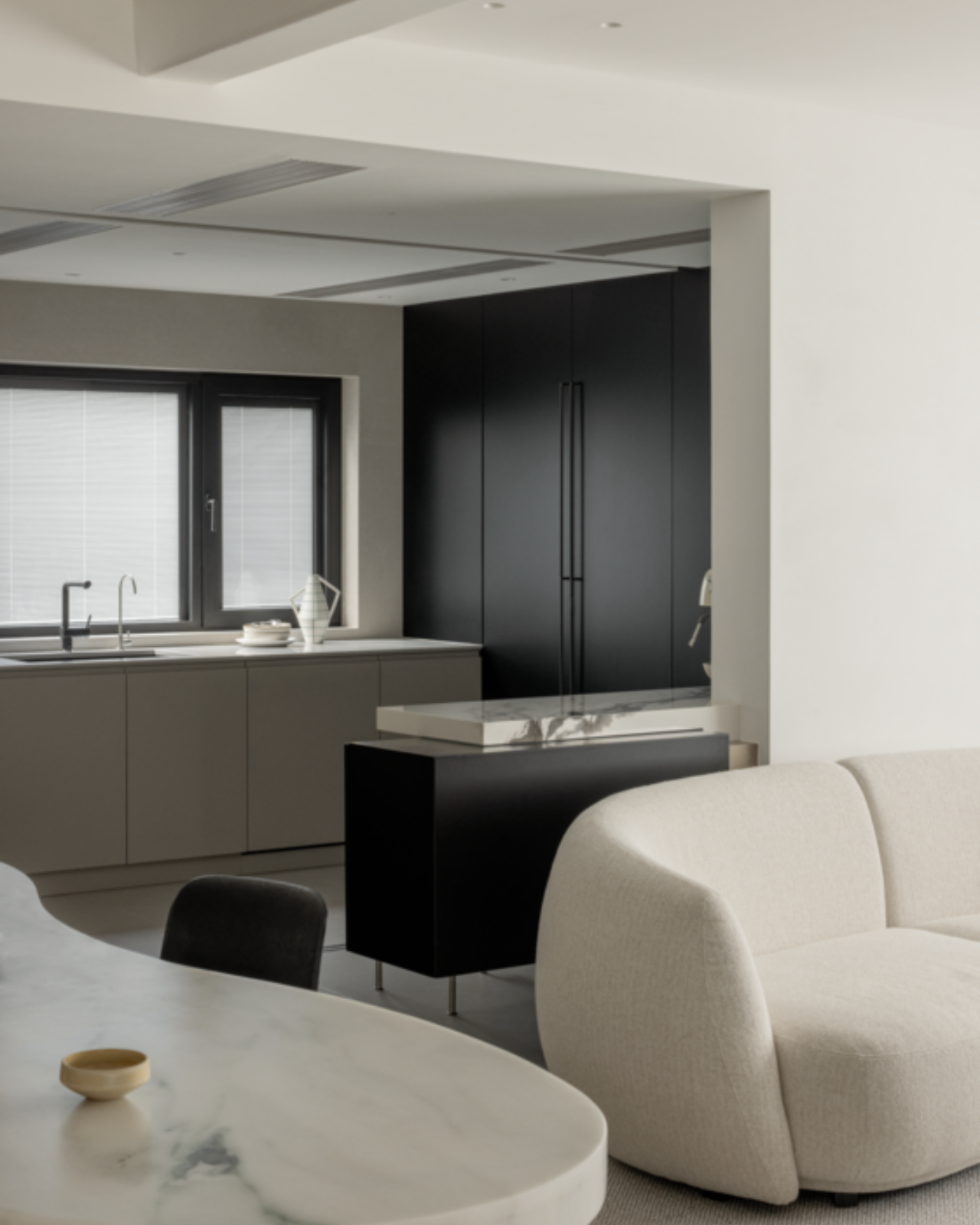 The Fusion of Comfort and Art: The Story of the Sofa at Home
The Fusion of Comfort and Art: The Story of the Sofa at Home


